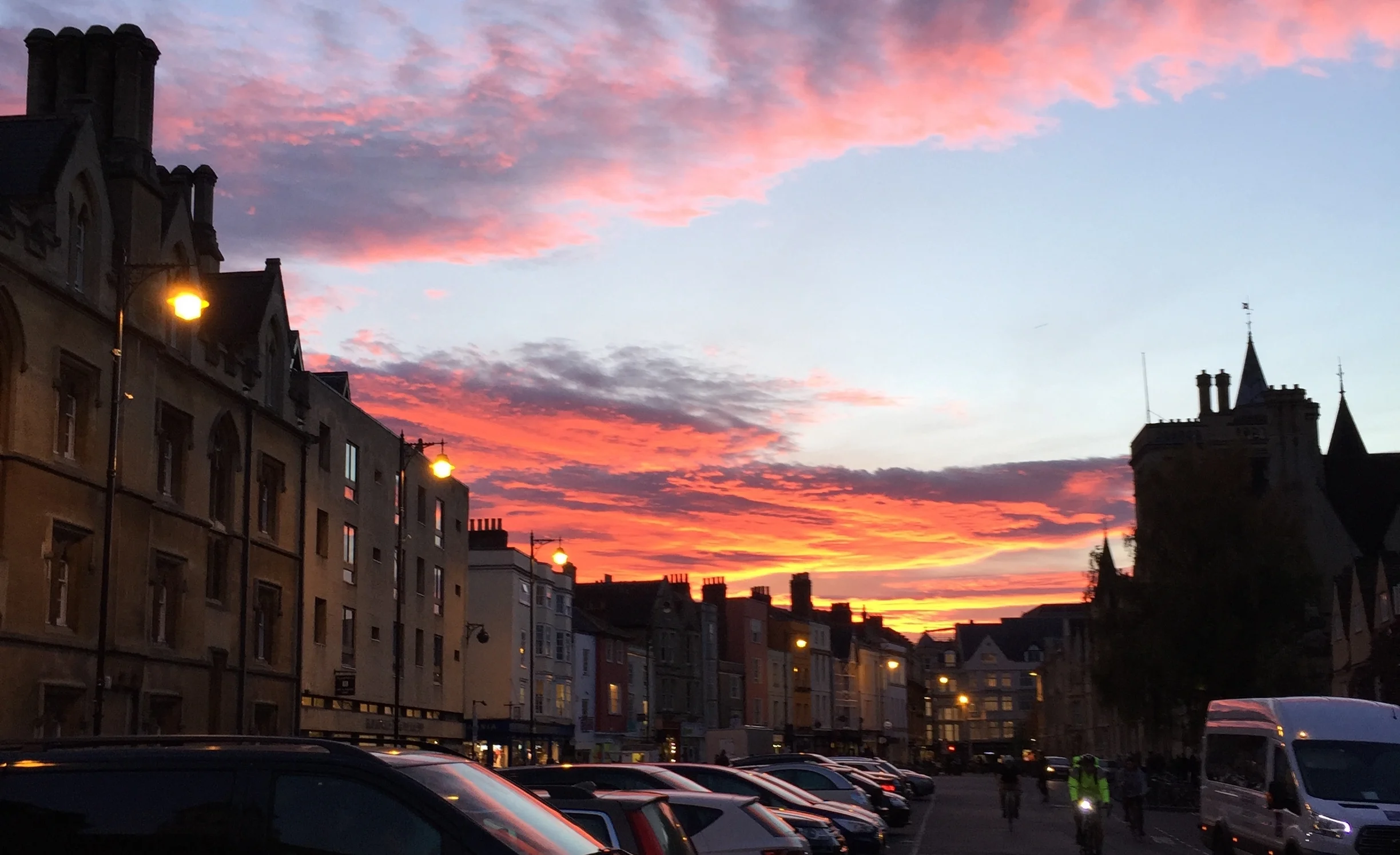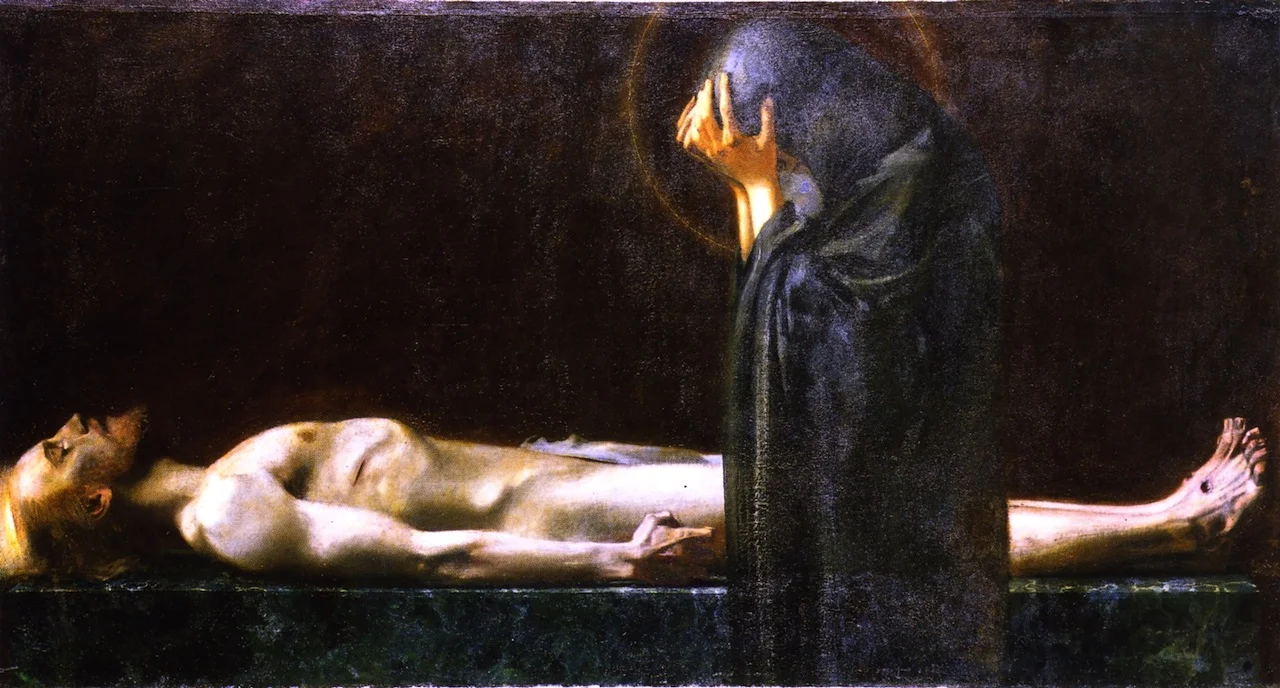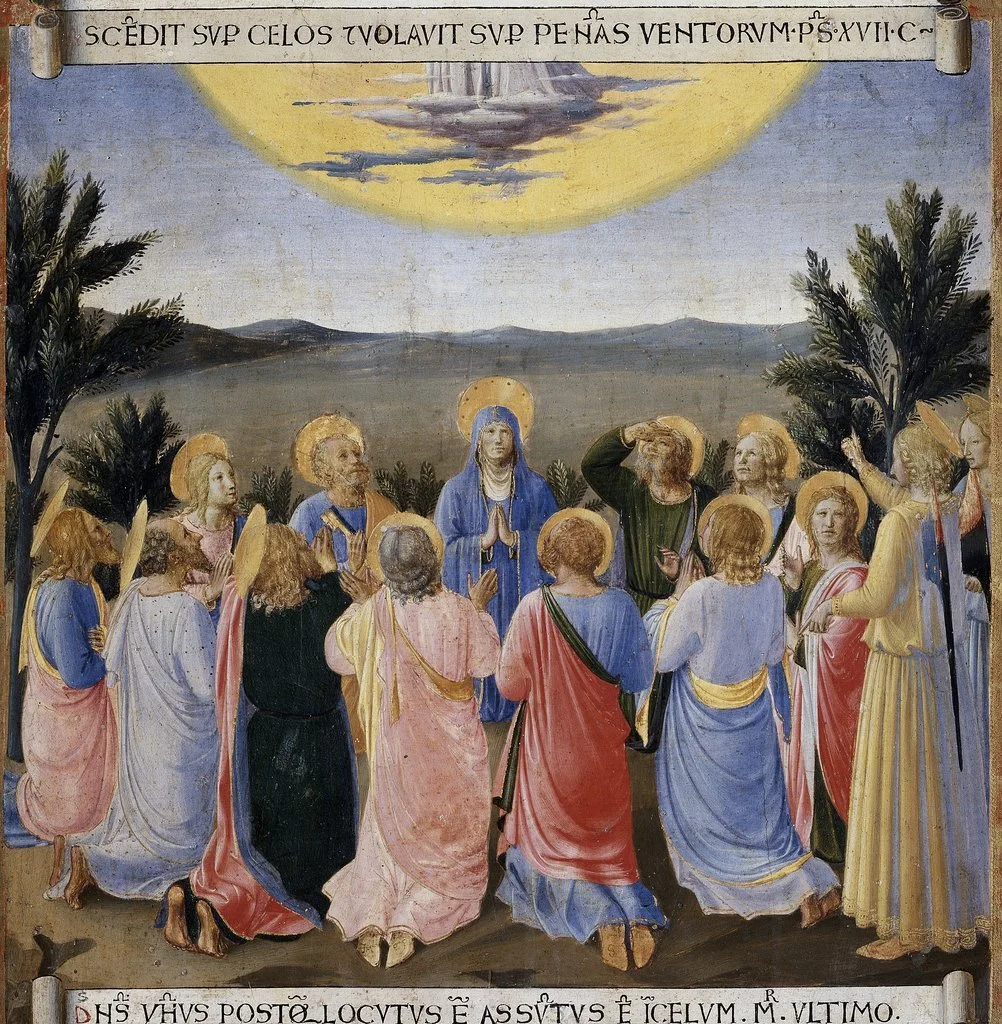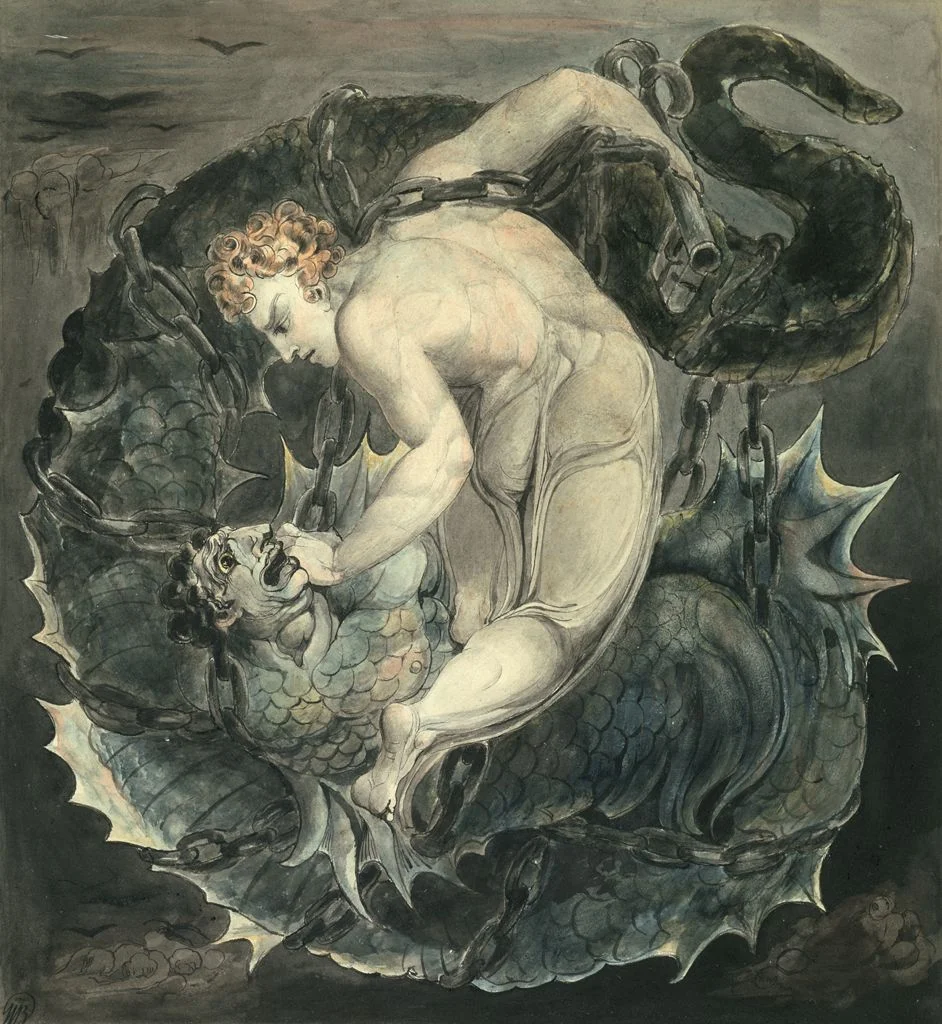. . . to The Isaiah Project! Starting today I'll be posting my new translation of the Book of Isaiah chapter by chapter, with short meditations to accompany each post. Take a look at the first one here, and sign up for the mailing list above to get email updates.
A poem of mine, 'Santa Maria Antiqua,' was recently published in the Anglican Theological Review. You can read it, and a few other short lyric poems of mine, at the link above.
With the Alt-Right taking to the streets to 'defend' a warped version of 'Western civilisation,' it seemed like a good time to take to The Federalist with a few reasons why the West is not white:
'. . . a crowning achievement of Western thought has been to conceive of a nationhood that unites all peoples. Ancient Greek philosophers like Pythagoras and Plato already posited that a universal logos or "rational structure" pervades the entire cosmos.
From there the Stoics imagined a society to which all humans can belong by virtue of our conformity with that logical and moral framework. Later, the Roman statesman Cicero agreed that "one eternal and unchanging law" can "bind together all races in every era."
The Bible relates that shortly after Cicero died, "the logos became flesh and dwelled among us": the overarching order of the universe was embodied in the person of Jesus Christ. Obedience to Christ’s righteous teaching constitutes membership in a human family that transcends genetic and national allegiance: "whoever does God’s will" is the Messiah’s "brother, and sister, and mother," a true heir to the "kingdom not of this world."' Read the rest.
I wrote another quick piece at Aleteia to celebrate Shakespeare's birthday, this year on grace and resurrection in Much Ado About Nothing. Take a look here.
'Jesus establishes a new arrangement. He does it in the same way Hero does, by taking a penalty that should rightfully have gone to his beloved. Jesus understands that we scorn and reject him because we’ve been deceived just like Claudio — because our pride and shame blind us to the goodness of the one person we should adore unshakably. “Father, forgive them, for they know not what they do”: yes, we sin and so do violence to God’s law. But in Christ, God shows himself willing to endure that violence rather than visit it upon us.
Everything changes thanks to that mercy. When Jesus returns from the grave, we can be at rights with God because our debt to justice has been improbably, miraculously cancelled. When Hero reappears onstage, Claudio is redeemed and Beatrice can release Benedick from his obligation. Forgiveness, that excruciating and illogical blessing, means valuing love more highly than your own self-preservation. It’s the price of everything worthwhile in this broken world. And it’s the price God paid to be reconciled with us.' Read the rest.
I had a great time talking about faith, apocalypse, and absolute truth with the engaging Sheila Liaugminas. Sheila interviewed me recently for her show, 'A Closer Look' on Relevant Radio. You can stream the audio here. Sheila and I talked about a number of articles I've written, including this one from the LA Times on Cicero's American legacy.
I've got a new piece up at Aleteia about original sin and the harmony between faith and science. Take a look here.
'Ultimately, the claim that belief is anti-science rests on a facile oversimplification of what it means to be religious. Take evolution, which is often presented as the alternative to creationism in explaining human development. That antithesis only holds if you assume that all Christians believe the Bible literally describes the physical construction of Earth in seven 24-hour periods. But this straw-man brand of fundamentalism is a far cry from the mainline position of the Church. Apologists as far back as St. Augustine of Hippo have adopted allegorical readings of Genesis which leave plenty of room for an ongoing process of natural selection.
That’s not to say a symbolic interpretation of the creation story is the only feasible one. It’s simply to point out that the idea of theism as intrinsically opposed to science is little more than smoke and air. That’s what Father George Coyne, an astronomer for the Vatican observatory, patiently explained to Bill Maher when the comedian set out to make fools of the faithful in his documentary, Religulous. Coyne received precious little screen time, presumably because he didn’t fit Maher’s image of the clergy as backwards Luddites.' Read the rest.
























